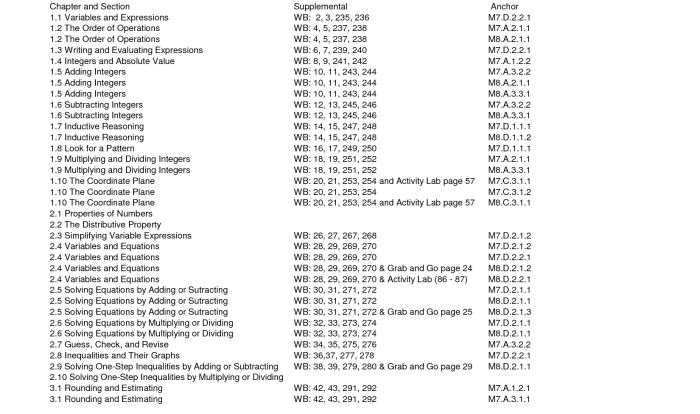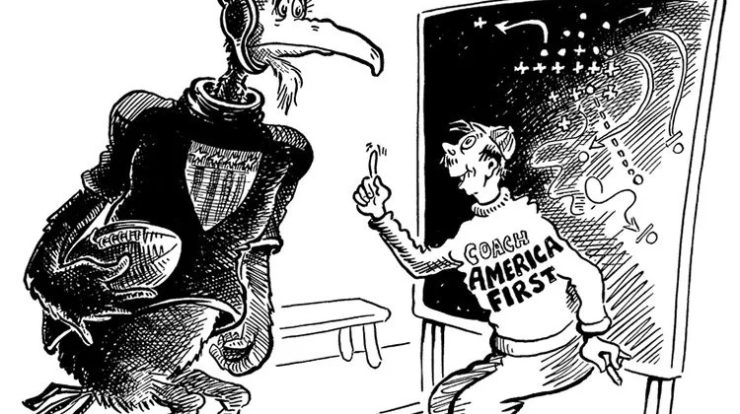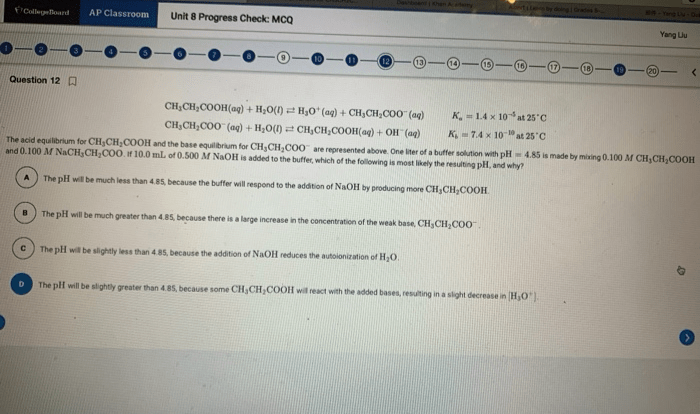Embark on a linguistic adventure with the Wordly Wise Lesson 13 Answer Key, an indispensable resource that unlocks the intricacies of vocabulary acquisition. This comprehensive guide provides a roadmap to understanding key concepts, mastering target vocabulary, and applying newfound knowledge with confidence.
Delving into the depths of Lesson 13, we will explore the etymology of words, uncover their historical contexts, and delve into their nuanced usage within authentic texts. Through engaging activities and thought-provoking assessment questions, learners will not only expand their vocabulary but also cultivate a deeper appreciation for the power of language.
Lesson Overview
Wordly Wise Lesson 13 introduces students to advanced vocabulary concepts, focusing on words related to abstract ideas and literary devices. The lesson aims to enhance students’ comprehension and vocabulary skills through a variety of engaging activities.
The lesson covers the following key concepts:
- Understanding abstract vocabulary and its role in literary analysis
- Identifying and defining literary devices, such as metaphors and similes
- Analyzing the impact of vocabulary and literary devices on a text’s meaning
Vocabulary Analysis
The target vocabulary words for Lesson 13 are:
- Abstract: Not concrete or tangible; existing only as an idea or concept
- Concrete: Tangible or real; capable of being perceived by the senses
- Figurative language: Language that uses words or phrases in a non-literal way to create a vivid image or effect
- Literal: Using words or phrases in their ordinary, everyday sense
- Metaphor: A figure of speech that compares two unlike things without using “like” or “as”
- Personification: A figure of speech that gives human qualities to nonhuman things
- Simile: A figure of speech that compares two unlike things using “like” or “as”
- Symbol: A person, place, or thing that represents something else
Contextual Understanding
The passage used in Lesson 13 is an excerpt from “The Raven” by Edgar Allan Poe. The poem is a narrative about a man who is haunted by the memory of his lost love, Lenore. The passage focuses on the speaker’s encounter with a raven that symbolizes his grief and despair.
The target vocabulary words are used in the following ways:
- “Abstract grief” refers to the speaker’s intangible and overwhelming sorrow.
- “Concrete memories” refers to the speaker’s vivid recollections of Lenore.
- “Figurative language” is used throughout the poem to create vivid images and convey the speaker’s emotions.
- “Literal” language is used to describe the physical setting and events of the poem.
- “Metaphors” are used to compare the speaker’s grief to a raven and to darkness.
- “Personification” is used to give human qualities to the raven.
- “Similes” are used to compare the raven’s eyes to fire and its voice to a prophet.
- “Symbols” are used to represent the speaker’s grief (the raven), his lost love (Lenore), and his hope for redemption (the morning light).
Application Activities
The application activities provided in Lesson 13 include:
- Vocabulary Practice:Students complete exercises to reinforce their understanding of the target vocabulary words.
- Contextual Analysis:Students analyze the passage from “The Raven” to identify and interpret the target vocabulary words in context.
- Literary Analysis:Students analyze the use of literary devices in “The Raven” and discuss their impact on the poem’s meaning.
- Creative Writing:Students write their own poems or stories using the target vocabulary words and literary devices.
Assessment Questions
The assessment questions for Lesson 13 include:
- Define the following vocabulary words: abstract, concrete, figurative language, literal, metaphor, personification, simile, and symbol.
- Identify and explain the literary devices used in the passage from “The Raven.”
- Analyze the impact of the target vocabulary words and literary devices on the meaning of “The Raven.”
Extension Activities: Wordly Wise Lesson 13 Answer Key
To extend the learning beyond Lesson 13, consider the following activities:
- Research and present on other literary devices used in poetry.
- Write a poem or story that uses abstract vocabulary and literary devices to convey a specific theme or emotion.
- Create a glossary of abstract vocabulary words and their definitions.
FAQ Section
What is the primary objective of Wordly Wise Lesson 13?
To enhance vocabulary knowledge and comprehension skills through targeted word study and contextual understanding.
How does the Answer Key support students’ learning?
It provides clear definitions, usage examples, and assessment tools to reinforce vocabulary acquisition and application.
What types of activities are included in Lesson 13?
Application activities such as word games, sentence completions, and discussions encourage active engagement with vocabulary.


